Gareth Edwards | 2hr 13min

One hundred years after America sent their troops to a war in Vietnam that they would suffer greatly for, another conflict unfolds in the futuristic Republic of New Asia, where artificially intelligent beings have taken refuge from the genocidal fury of the western world. Driven by humanity’s most basic fear of extinction and replacement, the United States has taken up arms against their synthetic inventions. Not only have they developed a giant superweapon called USS Nomad that sits up high in the sky, scans for simulants, and destroys them on sight, but they have also unleashed the full force of their highly advanced military upon the forests, mountains, and villages of New Asia where the survivors are being protected by locals.
Gareth Edwards is clearly not holding back his visual and narrative allusions to the Vietnam War, even referencing the specific iconography of films like Apocalypse Now and Platoon, and yet there is a freshness to The Creator which still finds new meaning in the historical conflict through contemporary questions of human identity. America’s dehumanisation of its enemies manifests in this allegory with brutal violence, as soldiers psychologically torture innocent civilians for information, flatten towns with giant tanks, and desecrate the bodies of dead simulants. With foes this inhuman, it is all too easy for Joshua to rationalise fighting for his country as an undercover agent – after all, can a non-human being even be dehumanised to begin with?
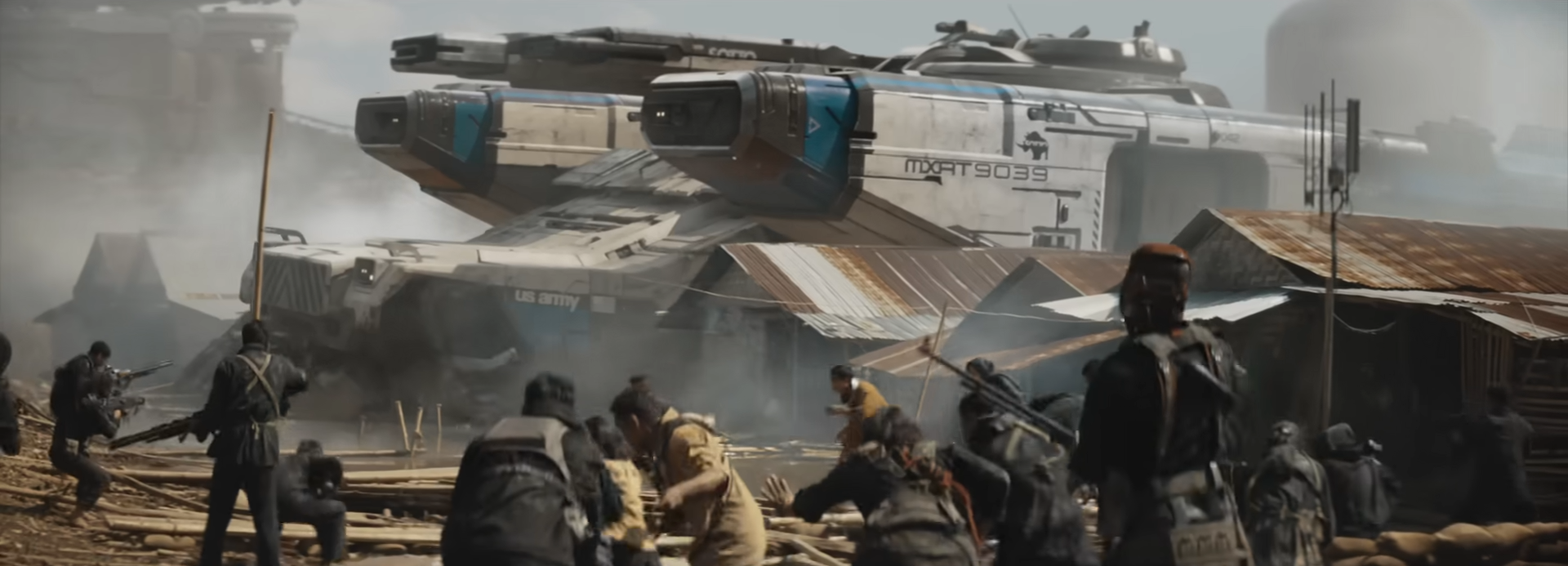


Still, it is a very thin line between those artificial simulants and their human New Asian allies, both being disregarded and slaughtered by Americans with barbaric indifference. Lending an even greater weight to this race of artificial humanoids is the faith that has become central to their hopes of survival, noted in the opening text that translates the Nepalese word “Nirmata” as “god-like creator”, and going on to frame this mysterious deity as an architect of AI technology and civilisation.
Therein lies the grand theological concerns of The Creator. Much like Jake Sully’s conversion in Avatar, Joshua begins to see the value these beings place on life beyond mere survival, and the purpose they inherently hold by nature of their own creation. Both organic and synthetic races are inextricably bound – if their lives are worthless, then so too are ours.
As such, this narrative which starts out much like a Blade Runner-type story of a man hunting down artificial humanoids begins to take a direction far more in line with Children of Men, right down to the Messianic icon at its centre. Having learnt of a new weapon developed by Nirmata, Joshua sets out to destroy the device before it can obliterate the USS Nomad, only to discover its devastatingly sympathetic form – a young child simulant called Alpha-O, or more affectionately nicknamed Alphie. It is certainly no coincidence that she activates her power to control technology by holding her hands in a prayer-like position, as if calling on the power of her deity to perform miracles. She is the prophesied saviour of the world, merging the best of both humanity and artificial intelligence, and incidentally turning Joshua into a Joseph-like father figure tasked with ensuring the fulfilment of her destiny.
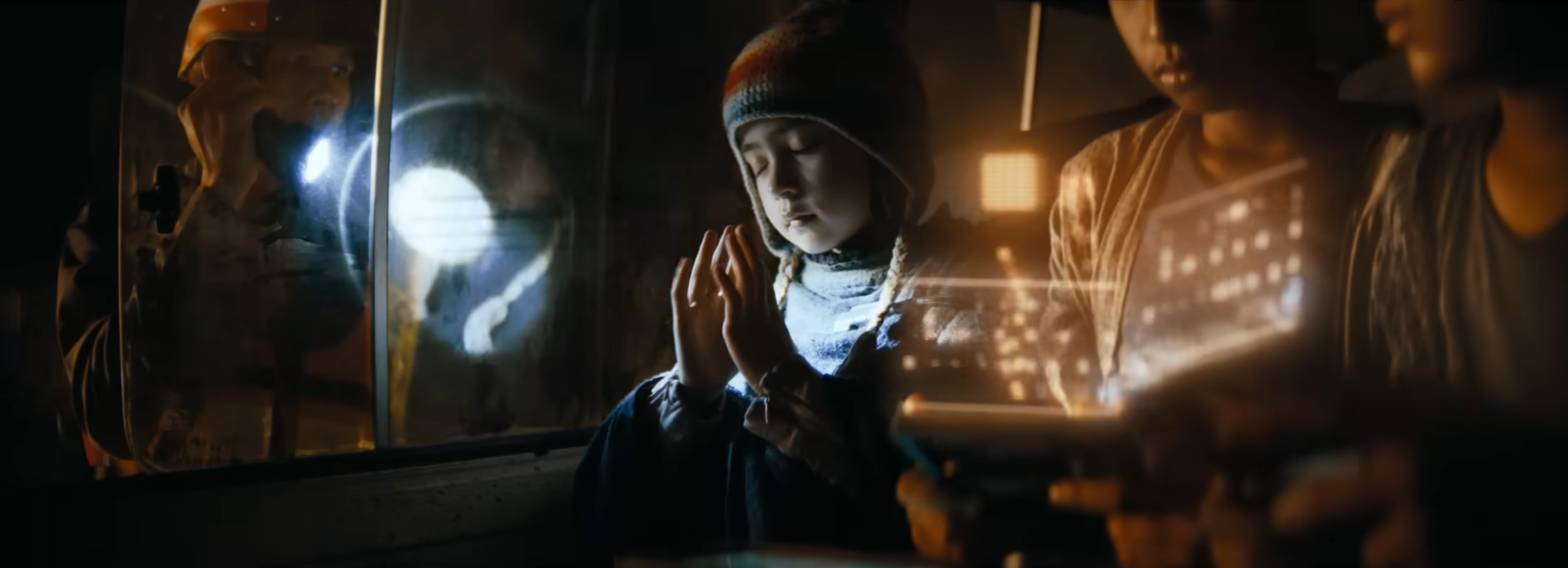
It stands to reason then that in place of Mother Mary, Joshua’s late wife Maya is the guiding maternal presence, becoming a significant figure in this story despite being largely absent. The promise from Josh’s superiors that she is still alive is all the motivation he needs to join their mission, but it also eventually pushes him to go rogue and whisk Alphie away, leading them from one action set piece to the next in hope of recovering his lost love.
In this stimulating combination of philosophical concerns and largescale science-fiction filmmaking, the names of two more giant directors easily spring to mind. Edwards’ accomplished production design, visual effects, and crisp cinematography clearly follow in the footsteps of Denis Villeneuve, and his consideration of relations between distinct lifeforms and political factions particularly echo Arrival, Blade Runner 2049, and Dune. No doubt this visual prowess can be largely attributed though to Edwards’ use of Dune cinematographer Greig Fraser, capturing a vision of Earth’s future that is rich with cultural detail as helicopter shots circle temples atop Himalayan mountains, and gaze in awe at America’s colossal superweapon sitting up high in the atmosphere.
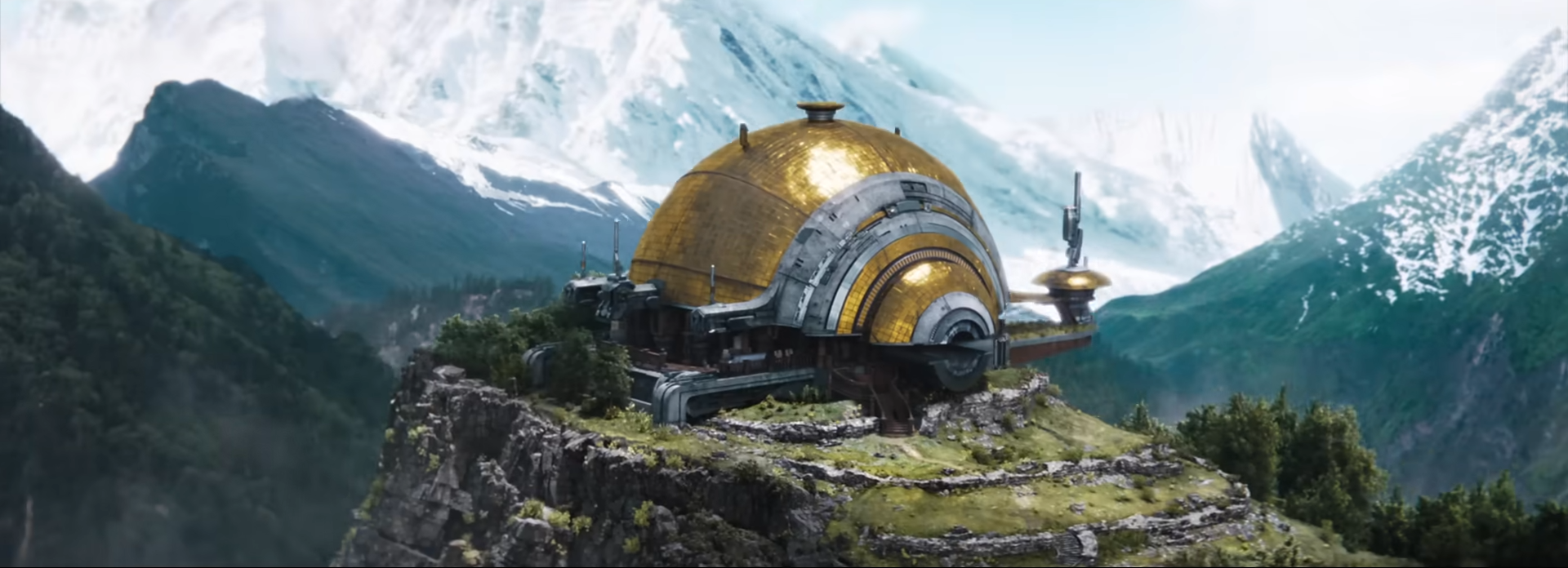
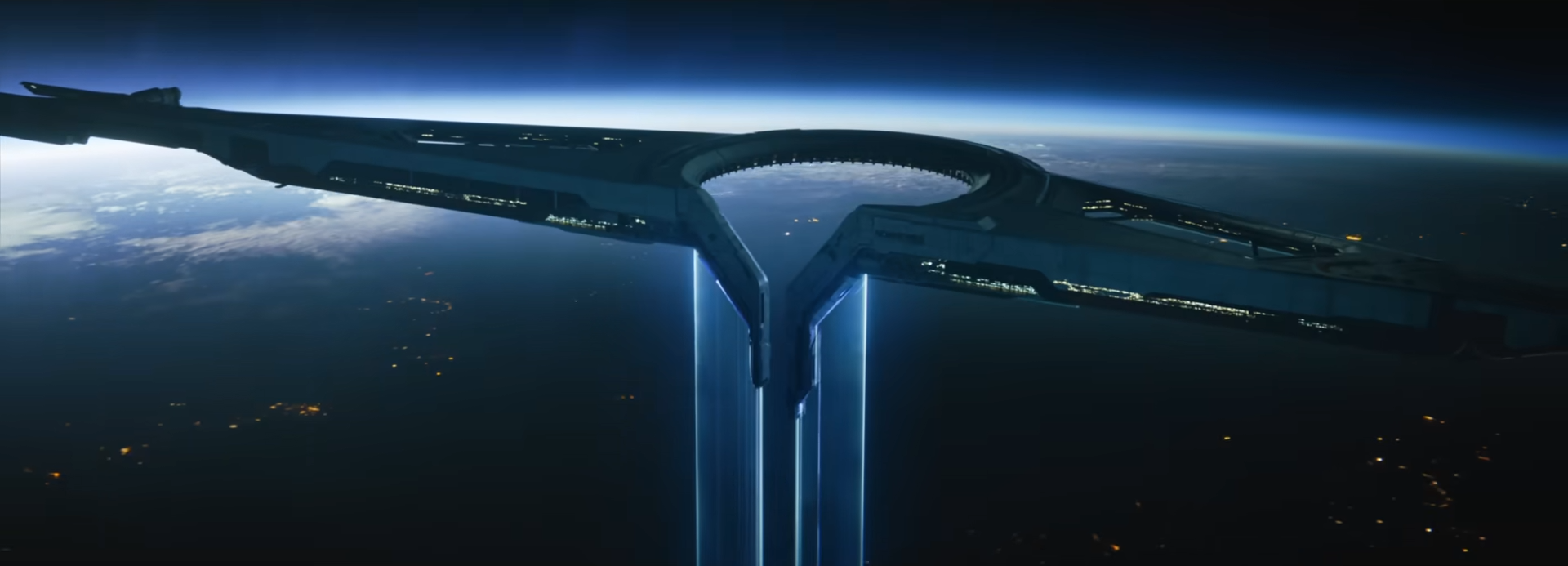
The other key influence here is virtually inescapable in this era of blockbuster filmmaking, yet remains especially relevant with Edwards’ sharp parallel editing and Hans Zimmer’s majestic blend of orchestral and electronics instruments. The Creator may not touch the magnificent heights of most Christopher Nolan films with its occasional meandering, and yet Edwards’ choice of artistic inspiration is welcome nonetheless, posing a more cerebral alternative to Hollywood’s production line of mindless entertainment without compromising on cinematic spectacle.
As fresh and modern as Edwards is with his epic storytelling, this is a narrative rooted deeply in human culture and history, as Joshua’s military commander even points out parallels to the Homo sapiens’ archaic conflict with Neanderthals which saw the more advanced species come out on top. Despite the fact that these simulants are programmed to desire nothing more than a global, cross-species harmony, humans are nonetheless driven by their own paranoid survival instinct. If they are to be killed off in some catastrophe, it will not be from any threat posed by their inventions, but from their own insecurity and fear of what they themselves have done.
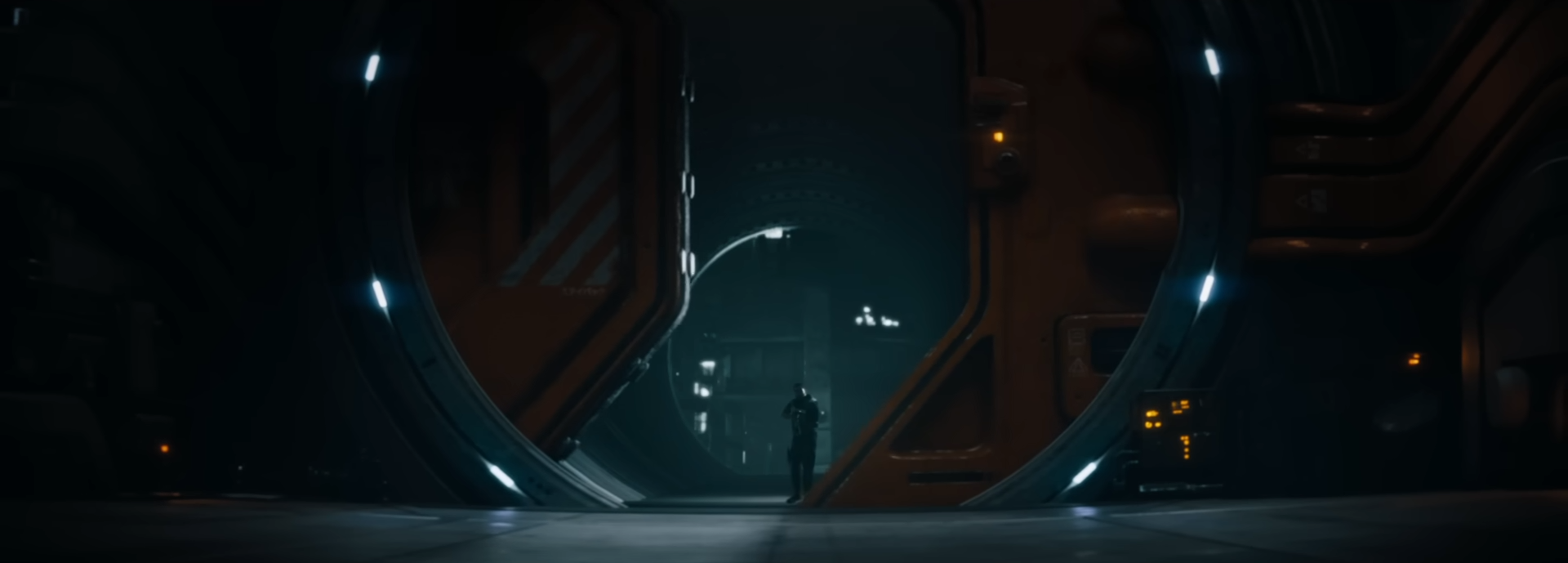
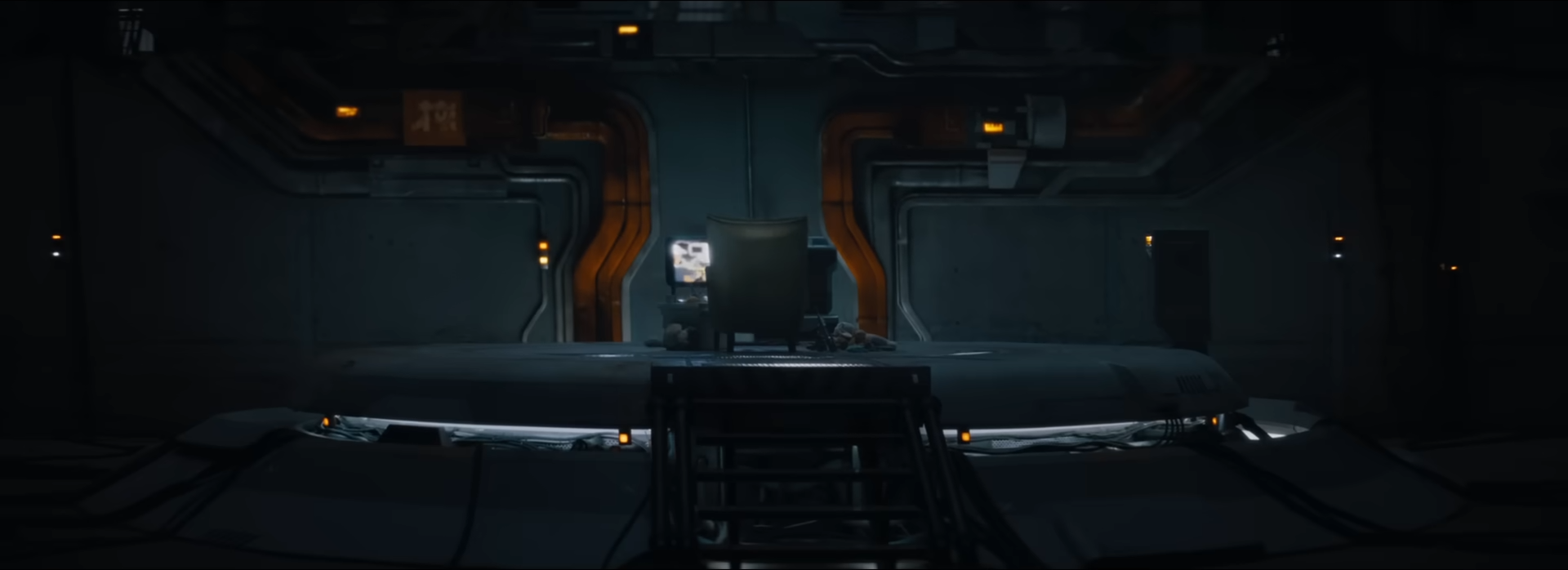
The generational conflict between creators and their creations that Edwards writes into the subtext here makes the surrogate father-daughter relationship at the film’s centre all the sweeter. Through the love that Joshua and Alphie slowly develop for each other on their quest to save simulants from extinction, the paternal figure can relinquish his grasp on an advancing world, and the child is given the tools to ensure a prosperous future on Earth. It may not even matter whether this grand purpose is passed down from a divine deity or a mortal parent. In the eyes of those children eternally bound in loving gratitude to their creators, both are one and the same.
The Creator is currently playing in theatres.
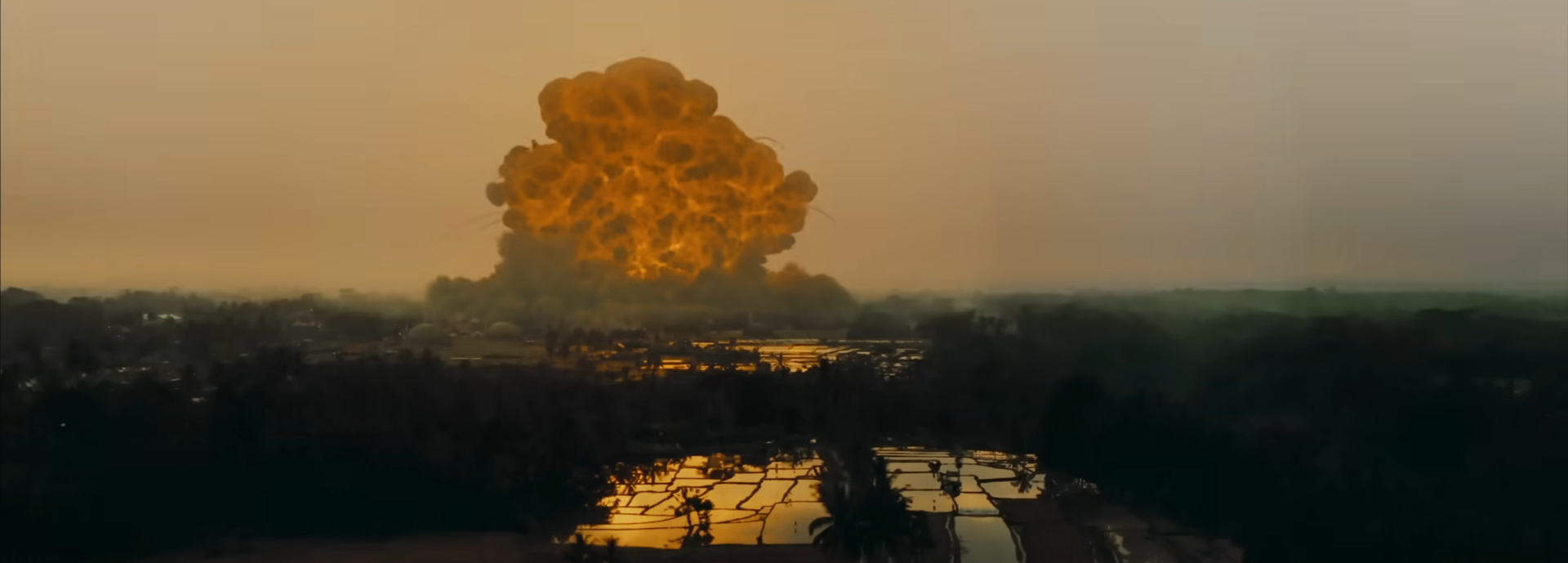
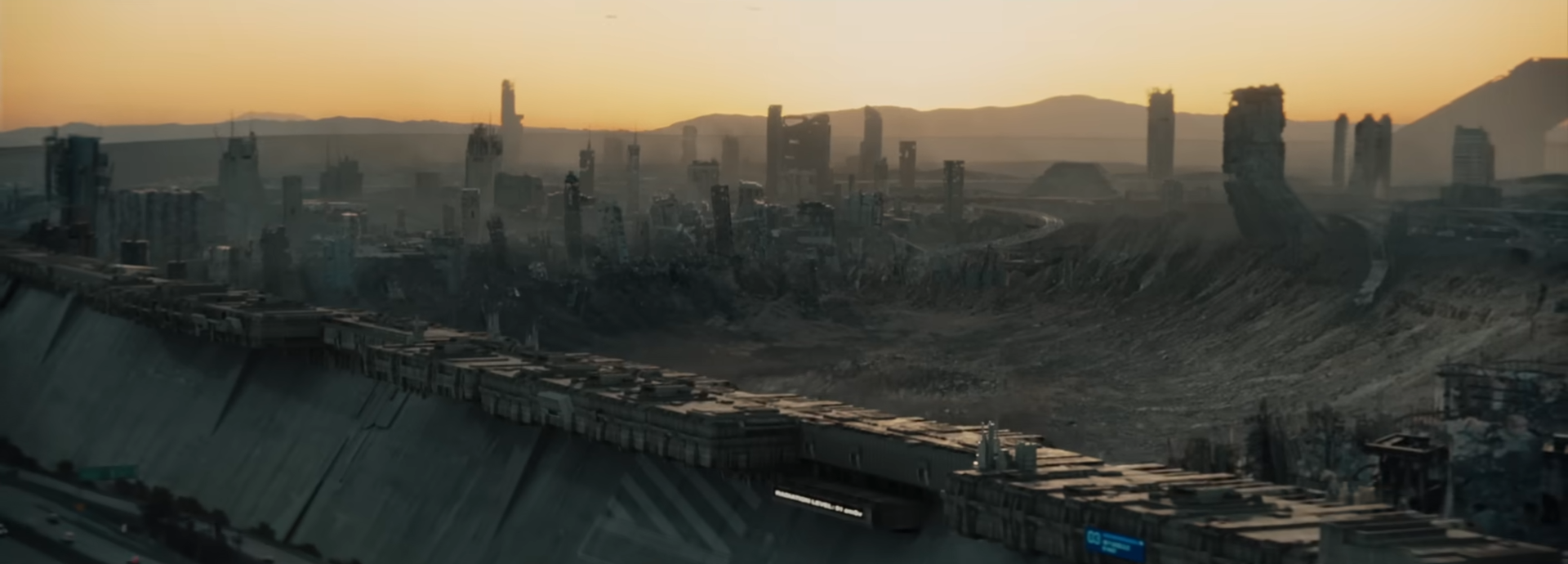

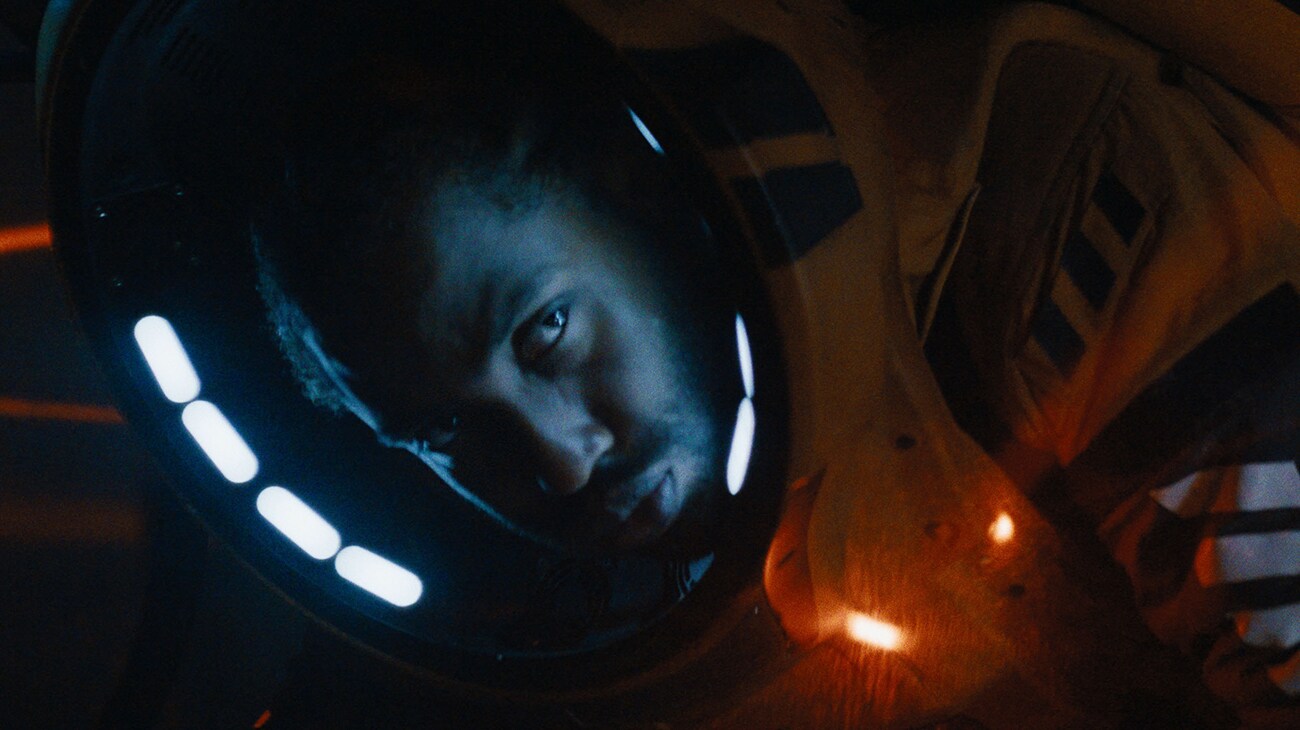
Pingback: 2024 Oscar Predictions and Snubs – Scene by Green
Pingback: The 10 Best Cinematographers of the Last Decade – Scene by Green